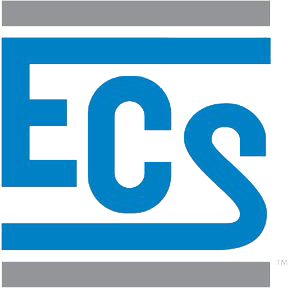Permitting
Once a well site is selected, the hydrogeologist can assist clients in obtaining the required Health Department permits for well installation. The permit will outline requirements for well construction and testing to satisfy public water supply criteria. Every step of the process: from providing the client with initial assistance in bid document preparation to providing hands-on field logging of the well during installation, the hydrogeologist can help streamline well installations.
Other Factors
In addition to assessing local hydrogeology, hydrologists consider economic factors as well. This includes such elements as choosing a drilling site that is near existing water system infrastructure or in areas with the highest water usage demand. Consideration of these factors can lead to huge savings in water system infrastructure costs.
Pump Testing
Following the completion of the well, logging information (such as water bearing zone depths and yields) are used to plan and prepare for aquifer pump testing. The testing involves placing a pump within the well and pumping water at a constant rate over an extended period of time. During the testing, measurements of water levels are made to identify effects of the pumping on the water level within the pumping well and, when available, within other nearby wells. Water samples are collected and submitted for laboratory analysis to assess water quality. Results are compared with drinking water standards to determine if any water treatment may be necessary.
- the pump testing is completed, the hydrogeologist prepares a report documenting the installation of the well and the testing performed on the well for submittal to the Health Department. The Health Department will evaluate the report and upon approval will authorize use of the well as a public water supply.
For more information about hydrogeology, contact ECS Senior Hydrogeologist Michael Maloy.

